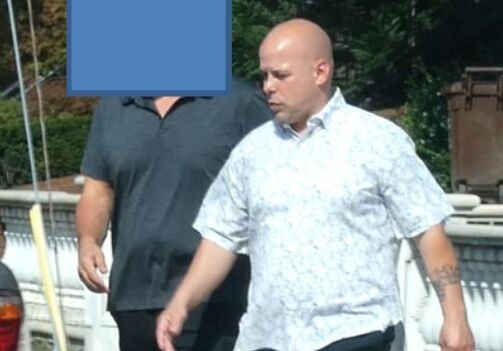Par Funding Investors Poised for Partial Reimbursement Following $250M Claim Approvals
- Funder Intel Staff

- Nov 30, 2023
- 2 min read
Updated: Feb 27, 2024

In a significant development for the defrauded investors of Par Funding, a Philadelphia-based merchant-cash-advance company, there emerges a glimmer of hope. The court-appointed receiver, Ryan Stumphauzer, announced the approval of investor claims totaling $250 million. This marks a pivotal moment for the 1,730 investors who have been entangled in this financial debacle since Par Funding ceased operations and fell under court receivership in 2020.
Par Funding, also known as Complete Business Solutions Group, is accused of raising over $550 million from investors between 2011 and 2020 through materially false and fraudulent statements about its leadership and financial stability. The company, by offering high-interest loans to small businesses unable to secure bank loans, generated substantial profits for early investors. However, allegations suggest that the company's owners misappropriated a significant portion of these funds for personal use, leading to a halt in investor repayments.
The case, which is under the scrutiny of the U.S. Securities and Exchange Commission (SEC), revealed that Par's founders and salespeople failed to register the raised funds as securities. Moreover, investors were misled about the investments being insured and were not informed of the criminal history of Joseph LaForte, Par Funding's principal founder, who had previously served time for fraud.
Joseph LaForte and Lisa McElhone, his wife, are currently facing separate criminal charges and have agreed to repay nearly $200 million in connection with the SEC complaint.
The process of reimbursing investors involves the distribution of assets collected by the receiver. These assets include $133 million in cash and $43 million in various properties, vehicles, artworks, jewelry, and other items confiscated from LaForte, McElhone, and other former Par officers and salespeople. Additionally, the receiver anticipates recovering up to $45 million from an insurance settlement against Philadelphia lawyer John Pauciulo and his former firm, Eckert Seamans, which advised agents selling the unregistered Par Funding investments.
Despite the substantial amount recovered, the repayment to each investor varies, depending on the nature of their investment and the duration for which they received the promised annual interest of over 10%. Some investors, like labor-relations consultant Joseph Brock, have expressed dissatisfaction with the proposed repayments, finding the appeal process daunting and the amount insufficient compared to their initial investment.
The public hearing scheduled for a federal court in Miami will further address the issue of investor repayment. This hearing represents a critical juncture for those affected, offering a platform for their voices and concerns to be heard.
This case highlights the risks associated with unregistered securities and underscores the importance of thorough due diligence for investors. The ongoing legal proceedings and the efforts of the receiver to reimburse the defrauded investors serve as a cautionary tale about the pitfalls of high-yield investment schemes.




Comments